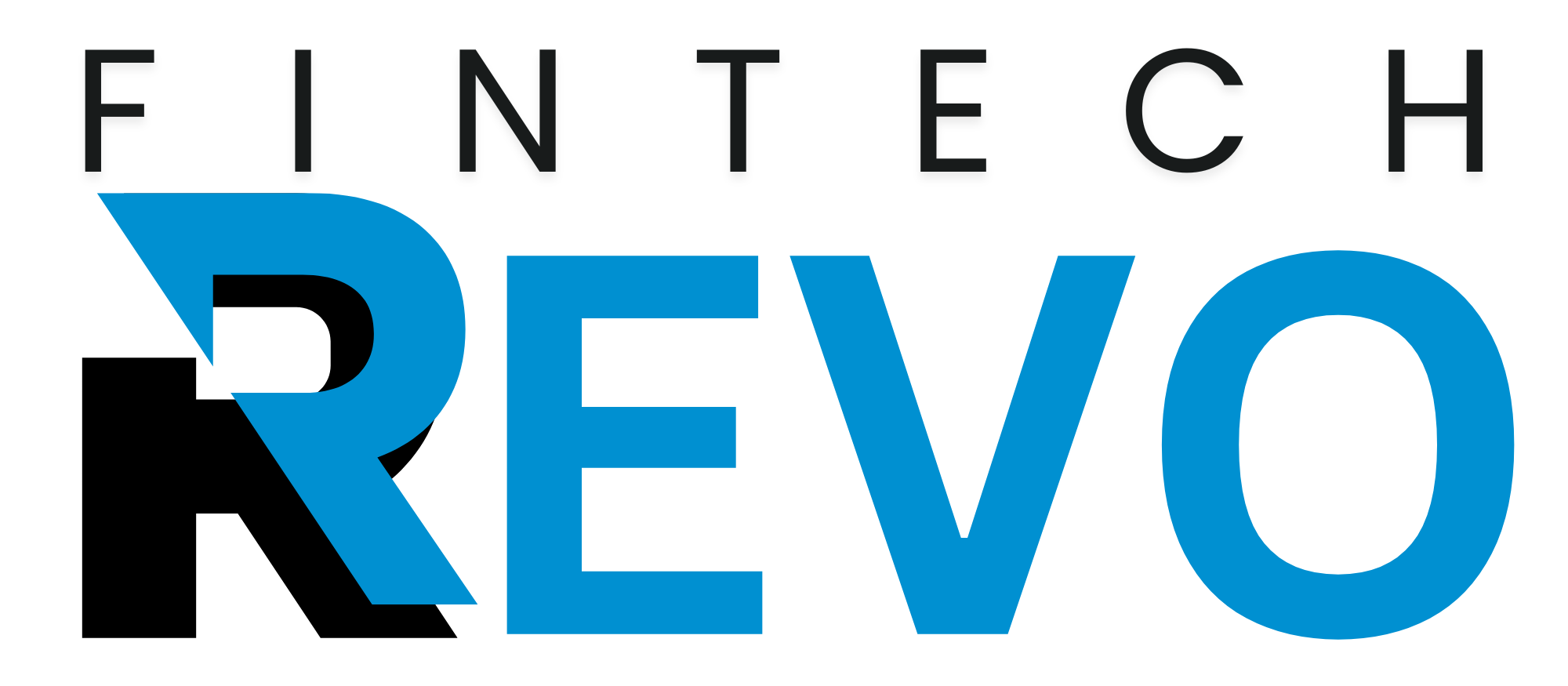Efficient supply chain management is the backbone of any business that deals with manufacturing, logistics, or global trade. From sourcing materials to delivering the final product, every link in the chain needs precision, technology, and coordination. Choosing the right supply chain management partner can determine how smoothly your business runs and how competitive it stays.
Let’s look at the top 10 supply chain management companies that are redefining how goods move across the globe, ensuring businesses operate with greater efficiency and reliability.
10 Best Supply Chain Management Companies in 2026
| Rank | Company | Headquarters | Key Strengths |
| 1 | Amazon | United States | Data-driven logistics and fulfilment infrastructure |
| 2 | DHL Supply Chain | Germany | Global warehousing and integrated transport network |
| 3 | Kuehne + Nagel | Switzerland | End-to-end international logistics and 4PL solutions |
| 4 | C.H. Robinson | United States | Freight brokerage and transportation management |
| 5 | DSV | Denmark | Global contract logistics and multi-modal shipping |
| 6 | DB Schenker | Germany | Multimodal transport and supply chain integration |
| 7 | CEVA Logistics | France | End-to-end freight and contract logistics |
| 8 | XPO Logistics | United States | Tech-driven LTL freight and automation |
| 9 | Maersk Logistics | Denmark | Ocean freight and integrated inland logistics |
| 10 | Sinotrans | China | Asia-focused logistics and international forwarding |
1. Amazon
Amazon is much more than an eCommerce giant—it operates one of the most sophisticated logistics and distribution networks in the world.
What makes them stand out:
- They run hundreds of fulfilment centres strategically placed near major cities.
- Their systems use artificial intelligence, robotics, and predictive analytics to streamline everything from warehousing to delivery.
- Amazon’s “Supply Chain by Amazon” service helps third-party sellers manage storage, shipping, and returns seamlessly.
Why they’re trusted:
Amazon’s efficiency and real-time tracking capabilities have set industry benchmarks. Businesses working with them benefit from a proven infrastructure built for speed, accuracy, and customer satisfaction.
2. DHL Supply Chain
DHL is a global logistics powerhouse with an unmatched presence across continents.
What makes them stand out:
- They manage vast networks of warehouses, transport hubs, and fulfilment centres.
- Their logistics expertise covers industries like healthcare, automotive, retail, and technology.
- DHL offers value-added services such as packaging, order picking, and reverse logistics.
Why they’re trusted:
DHL’s blend of technology, scale, and tailored service models makes it ideal for businesses needing global reach and local reliability.
3. Kuehne + Nagel
Kuehne + Nagel is one of the largest international logistics and forwarding companies, offering complete supply chain management solutions.
What makes them stand out:
- They operate in nearly 100 countries with specialised services across air, sea, and road freight.
- Their 4PL (Fourth-Party Logistics) approach allows clients to integrate all logistics providers under one management umbrella.
- They use digital platforms for visibility, compliance, and shipment tracking.
Why they’re trusted:
Their ability to handle complex international operations makes them the go-to partner for companies with multi-country sourcing and distribution.
4. C.H. Robinson
C.H. Robinson specialises in freight brokerage and logistics technology that helps companies move goods efficiently and cost-effectively.
What makes them stand out:
- They connect shippers and carriers through an advanced transportation management system.
- They handle all modes of transport—road, air, and ocean—while optimising routes for cost savings.
- Their global network spans across more than 170 countries.
Why they’re trusted:
C.H. Robinson is known for its flexible approach, making it a strong choice for businesses seeking tailored transportation management without heavy infrastructure commitments.
5. DSV
DSV has established itself as a global logistics leader offering reliable freight and contract logistics services.
What makes them stand out:
- They combine sea, air, and road transport into fully managed solutions.
- Their network covers over 90 countries, connecting manufacturers and retailers to global markets.
- DSV’s digital tools give clients full visibility over their shipments and warehouse operations.
Why they’re trusted:
Their integrated approach ensures consistency and efficiency across every link in the supply chain, making them ideal for international companies needing coordinated logistics.
6. DB Schenker
DB Schenker, part of Deutsche Bahn Group, is a global logistics provider focusing on multimodal transport and supply chain solutions.
What makes them stand out:
- They operate across air, sea, rail, and road, creating fully connected logistics routes.
- Their services include warehousing, customs clearance, and supply chain consulting.
- DB Schenker’s innovation centres focus on automation and sustainability in logistics.
Why they’re trusted:
With a balanced mix of technology and human expertise, DB Schenker is the right partner for businesses that rely on precision and transparency across borders.
7. CEVA Logistics
CEVA Logistics operates as part of the CMA CGM Group, combining freight management with contract logistics.
What makes them stand out:
- They manage logistics for industries such as consumer goods, healthcare, and automotive.
- Their presence spans over 160 countries, backed by an extensive warehouse network.
- CEVA emphasises end-to-end integration—from manufacturing to final delivery.
Why they’re trusted:
Their strong coordination between shipping, warehousing, and distribution makes CEVA a dependable option for complex, global operations.
8. XPO Logistics
XPO Logistics is a technology-focused supply chain company known for innovation in freight transportation and warehouse automation.
What makes them stand out:
- They specialise in less-than-truckload (LTL) shipping and eCommerce logistics.
- Their systems use predictive analytics and AI to enhance routing, load management, and inventory tracking.
- XPO’s automated warehouses improve accuracy and reduce turnaround times.
Why they’re trusted:
For businesses prioritising digital visibility, operational speed, and real-time control, XPO offers one of the most modern logistics models available.
9. Maersk Logistics
Maersk, widely recognised for its shipping dominance, has evolved into a full-service logistics provider.
What makes them stand out:
- They combine ocean freight expertise with inland logistics and warehousing.
- Their integrated services include customs handling, freight forwarding, and global supply planning.
- Maersk’s digital tools provide end-to-end visibility, connecting every stage from supplier to buyer.
Why they’re trusted:
Companies involved in global trade rely on Maersk’s stability, scale, and deep understanding of international logistics.
10. Sinotrans
Sinotrans is one of China’s largest logistics providers, offering extensive supply chain solutions across Asia and beyond.
What makes them stand out:
- They manage freight forwarding, warehousing, and multimodal transport across key trade routes.
- Their services cater to manufacturing, retail, and export industries that depend heavily on China’s production base.
- Sinotrans provides local expertise for companies navigating Asian customs and trade regulations.
Why they’re trusted:
Their dominance in Asia’s logistics market and understanding of regional regulations make Sinotrans a vital link for international businesses sourcing from the East.
How to Choose the Right Supply Chain Partner
Selecting the right logistics provider isn’t just about picking the biggest name—it’s about matching capabilities to your business goals. Here’s what to consider:
- Industry experience: A company that understands your product category (e.g., perishable goods, automotive parts, medical devices) can handle your specific challenges better.
- Geographical coverage: Ensure your partner operates in the regions you trade in and offers reliable local support.
- Technology integration: Real-time visibility, predictive analytics, and digital dashboards make a major difference in performance tracking.
- Flexibility: A good partner should adapt to seasonal changes, demand spikes, or global disruptions without compromising service.
- Sustainability initiatives: Modern businesses value logistics partners committed to reducing carbon emissions and improving efficiency.
Final Thoughts
The global supply chain is only as strong as the companies managing it. The ten names above lead the field with their mix of innovation, infrastructure, and reliability. Whether you’re a retailer looking for eCommerce fulfilment or a manufacturer sourcing parts globally, aligning with the right logistics partner can save time, cut costs, and improve customer satisfaction.
Each company on this list brings a unique strength—from Amazon’s predictive analytics to DHL’s global warehousing and Maersk’s integrated shipping model. The key is to identify which aligns best with your goals and scale. Once that match is found, the rest of your operations can flow smoothly and efficiently.
Source: https://fintechrevo.com/
Important Questions
What are the key benefits of partnering with a global supply chain management company?
Partnering with an international logistics provider ensures end-to-end visibility, optimised transportation routes, better inventory control, and reduced operational risks. These companies also help streamline customs clearance, warehousing, and last-mile delivery for businesses operating across multiple regions.
How do digital tools improve supply chain management efficiency?
Modern logistics firms use AI-driven analytics, IoT tracking, and cloud-based management platforms to forecast demand, monitor shipments, and prevent bottlenecks. These technologies give businesses real-time updates on their inventory, route performance, and delivery timelines, helping them make faster, data-backed decisions.
What factors should businesses consider before outsourcing supply chain operations?
Before outsourcing, companies should assess the provider’s industry experience, network coverage, technology integrations, and reliability in handling time-sensitive deliveries. Evaluating service-level agreements, scalability, and sustainability practices can also prevent disruptions and ensure long-term efficiency.
How do supply chain management companies handle disruptions like port delays or geopolitical issues?
Established logistics providers implement contingency planning, diversified routing, and multi-modal transportation options to minimise disruption impact. They often maintain alternative ports, partner carriers, and digital monitoring systems to reroute shipments swiftly and maintain consistent supply flow during unexpected events.
What role does sustainability play in modern supply chain management?
Sustainability has become a strategic focus in logistics. Leading supply chain firms are investing in energy-efficient transportation, eco-friendly packaging, and carbon-tracking systems. They also work with suppliers who follow responsible sourcing standards to help clients meet environmental and regulatory compliance goals.






